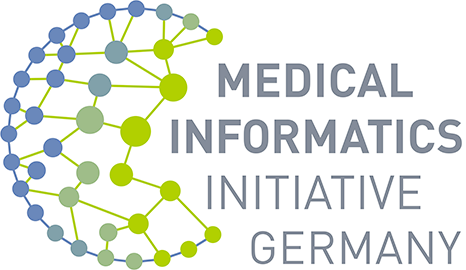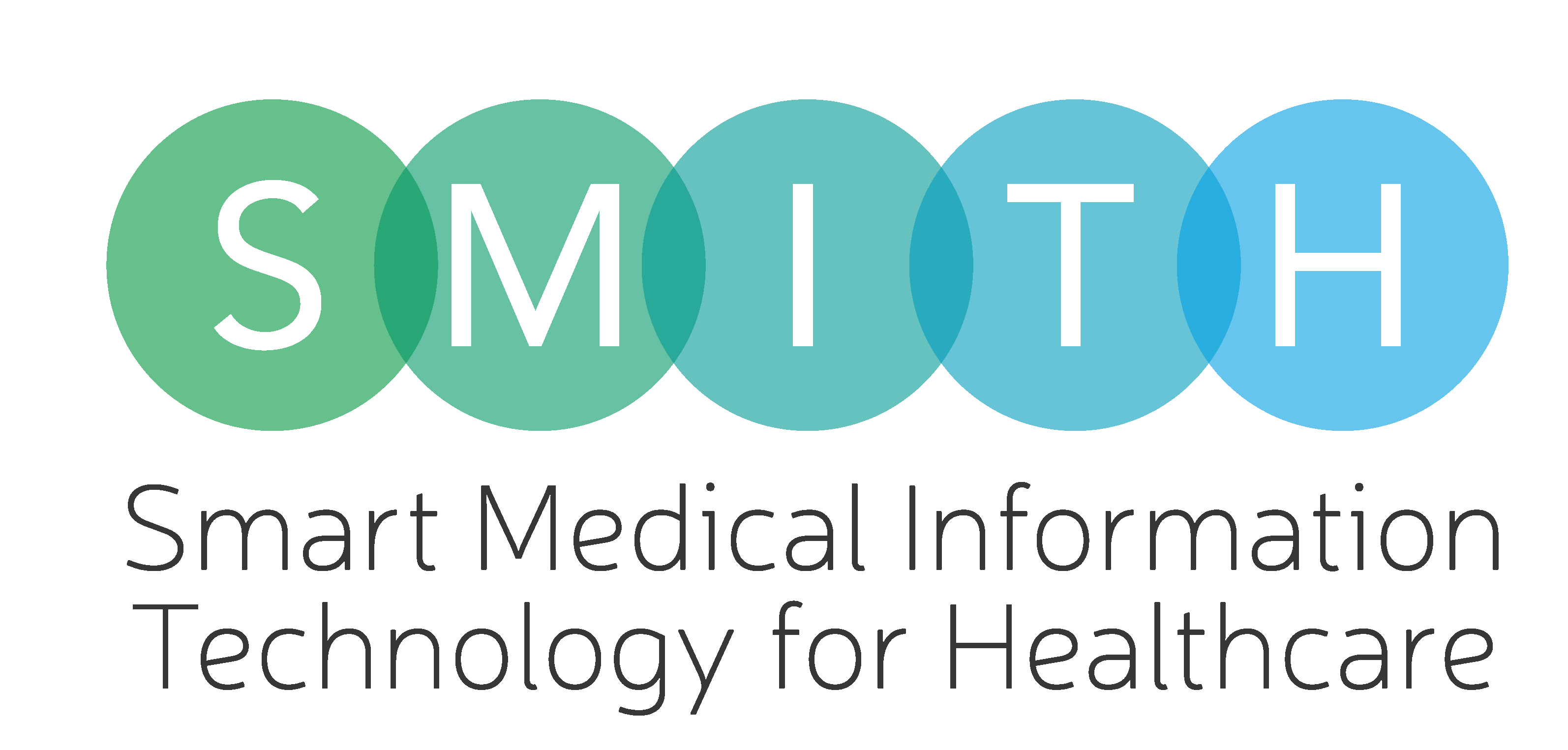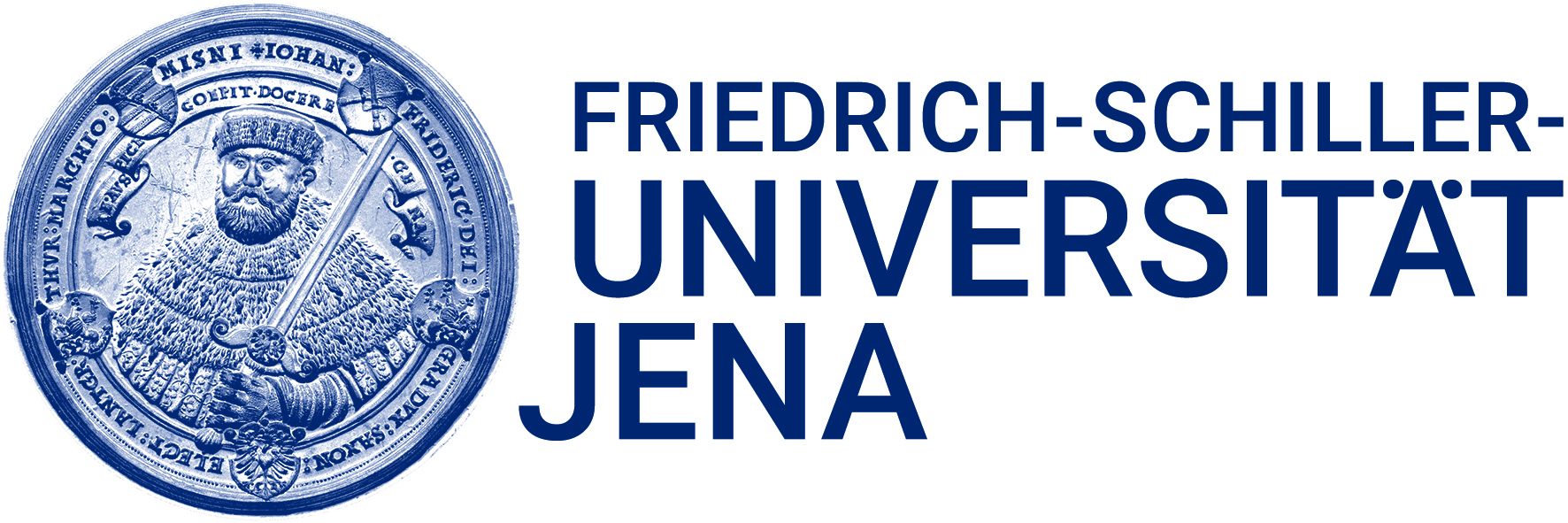In the SMITH Consortium, a network of university and university medical partners is working on linking research and healthcare in a targeted and data protection-compliant manner. The Data Integration Centers set up at the clinical sites for this purpose are the central technological interfaces. They process the healthcare data generated in everyday clinical practice and make the data available to medical research in standardized form. The prerequisite for all work is always the declaration of consent of the patients, who make a significant contribution to improving medical care by providing their data. Based on clinical and methodological use cases, SMITH tests and proves the benefit of the IT solutions developed. SMITH is one of four consortia of the Medical Informatics Initiative (MII) funded by the German Federal Ministry of Education and Research (BMBF). As part of the consolidation and extension phase funded from 2023 to 2026, data-based health research is to be further expanded through cooperation with new partners, especially from the regional health care sector. The expansion of the medical informatics infrastructure will take place in close cooperation with the Network University Medicine (NUM).
In the consolidation and extension phase (2023-2026), the focus will be on increased collaboration between university hospitals and new partners, particularly from regional healthcare. Collaboration between the partners of the Medical Informatics Initiative (MII) will be intensified through cross-consortium use cases. The SMITH Office has taken over the supporting coordination of the GeMTeX and INTERPOLAR projects.
The aim of GeMTeX is to make medical texts from patient care available for research. To this end, annotation work is being carried out at six university medical partner sites. Clinical documents, e.g. doctors' letters, are marked according to structure and content so that they can be used to train machine learning models. This will create a valuable text repertoire for research and development. A total of 17 partners from the four consortia are involved in the GeMTeX project. The work in GeMTeX builds on the methodological use case PheP/NLP, which was realised by the SMITH Consortium from 01.01.2018 to 31.05.2023.
The INTERPOLAR Use Case is dedicated to improving medication safety through IT solutions. An algorithm is being developed to identify patients at increased risk of clinically relevant and manageable medication problems. This will allow hospital pharmacists to focus on the patients who will benefit most from their assessment. 20 partners from academia, research and healthcare are involved in INTERPOLAR. The IT solutions developed will be tested in intervention studies at 15 university hospitals. The basis for the intervention studies in INTERPOLAR was provided by the cross-consortium Use Case POLAR. In POLAR, methods were developed and applied from February 2020 to December 2022 to collect personal medication data from routine care and pharmacy prescriptions.
In order to transfer the structures of the Medical Informatics Initiative to partners outside of university medicine, the BMBF is funding six Digital Hubs from 2021 to 2025. The hubs will develop concepts for the cross-location exchange of medical research data in regional health care. The Digital Hub DISTANCE is coordinated by the SMITH Consortium office. DISTANCE is establishing interfaces at 12 regional healthcare facilities to enable data exchange between research and healthcare. Data transfer is being tested as part of the PICOS intensive care use case. The PICOS App developed on this basis supports former intensive care patients in self-care and gives them an overview of their health status. At the same time, the data generated by the app will be used to support research into new treatment and therapy options for former intensive care patients.

During the development and networking phase of the Medical Informatics Initiative (MII), more than 300 clinicians, epidemiologists, and systems physicians in the SMITH Consortium worked together to link research and healthcare.
To this end, the 19 consortium partners have jointly developed a data architecture that enables the interoperable use of healthcare and research data across institutions and locations. From 2018 to 2022, SMITH established seven Data Integration Centers at the university medical locations of Aachen, Bonn, Essen, Halle, Hamburg, Jena and Leipzig. The network partners Ruhr University Bochum, Düsseldorf University Hospital and University Medical Center Rostock have prepared the establishment of a Data Integration Center.
The consortium has tested and proven the functionality and added value of data use through a methodological use case and two clinical use cases. The PheP methodological use case provided tools for structuring and evaluating medical data in a privacy-compliant manner. In the clinical Use Case ASIC, an application was developed to support intensive care medicine, while the Use Case HELP was dedicated to improving infectious disease medicine with the help of an IT solution.
Data Use Concept
The data is used locally via the Data Integration Centers, which have access to the Hospital Information Systems (HIS) and thus to the use of the patient data. Patient data is analyzed and annotated individually at the hospital. Only authorized personnel from the Data Integration Centers have access to this data via the locally operated HIS system. Patient data can only be analyzed with the consent of the patient. The Data Integration Centers have established independent trustee offices to manage patient consent.
Data Integration Centers
The Data Integration Centers enable the cross-institutional and cross-location sharing of digital health data from patient care and biomedical research. The Data Integration Centers act as intermediaries between research and healthcare, providing advice on data use, data analysis and quality-assured data management. In addition, the Data Integration Centers facilitate data provision by establishing interoperable directories with high-quality, internationally harmonized data and metadata.
Technically, the Data Integration Centers established in the SMITH Consortium are based on a common reference architecture. This includes the Clinical Domain and the Research Domain as well as an independent trustee office. The trustee office is responsible for managing patient consent and pseudonymization of data. Privacy and data security are top priorities.
The central data integration platform of the Data Integration Centers is the Health Data Storage Clinical. It is connected to patient care data sources such as hospital information systems, laboratory information systems, and patient data management systems. This enables direct feedback of research results into clinical routine. Health Data Storage Research can be used for both site-specific and cross-site evaluations, for example via the German Portal for Medical Research Data (FDPG).
With the start of the consolidation and extension phase in 2023, the Data Integration Centers established as part of the MII will be financed by the Network of University Medicine (NUM). The technical and organizational development of the infrastructure will continue to be carried out by the MII. The goal of the cooperation between the MII and the NUM is to perpetuate the Data Integration Center infrastructure. In the long term, the Data Integration Centers should become an integral part of health research in Germany.
Completed Use Cases
Methodology Use Case:
PheP – Phenotyping Pipeline to Support Clinical Evaluation Projects
In the Phenotyping Pipeline (PheP) methodological use case, SMITH has developed innovative data analysis methods to automatically extract medical information from electronic patient records. Evaluation projects and calculations based on the available data on identifiable patient characteristics, known as phenotypes, constantly generate new patient-related information. In addition, PheP has established methods for distributed analysis and created the prerequisites for natural language processing (NLP) methods. As a follow-up project, the cross-consortium use case GeMTeX builds on the experience gained in PheP.
Project Duration: 01.01.2018 - 31.05.2023
Clinical Use Cases:
ASIC – Algorithmic Intensive Care Monitoring
The goal of the ASIC clinical use case was to improve patient care by using existing routine clinical data. This was demonstrated in the treatment of patients with acute respiratory distress syndrome (ARDS), a disease that still kills about 40 percent of all patients. The ASIC App developed for this purpose acts as an early warning system, alerting physicians to potential ARDS before the patient's condition threatens to become critical.
Project duration: 01.01.2018 - 31.12.2023
HELP – Targeted Antibiotic Therapy in Infectious Diseases
The HELP Use Case focused on the guideline-based and recommended use of antibiotics for the early and targeted treatment of certain bacterial infections. The focus was on IT support for infectious diseases in regular and intensive care units with the HELP manual. This provides medical staff with quick information and recommendations for responsible antibiotic therapy of staphylococcal bloodstream infections.
Project Duration: 01.01.2028 - 30.06.2023
Measures to strengthen medical informatics
- Conception of coordinated, joint training, advanced training and continuing education modules
- Offers for curricula in the area of "Master of Science" (M.Sc.) medical informatics and in the postgraduate area
- Establishment of a professorship for Medical Informatics at the University Hospital Bonn
- Establishment of a professorship for Data Science at the Essen University Hospital
- Establishment of a professorship for Biomedical Data Science at the University Hospital Halle
- Establishment of a professorship for Applied Medical Informatics at the University Medical Center Hamburg-Eppendorf
- Establishment of a professorship for Medical Informatics at the Jena University Hospital
- Establishment of a professorship for Medical Data Science at the Leipzig University
- Establishment of junior research groups in connection with the establishment of professorships

The aim of the SMITH Consortium is to develop an innovative structure for cross-institutional networking and exchange of research and health data between the funded sites and beyond the consortium.
The project proposal envisaged the establishment of collaborative generic Data Integration Centers at the SMITH partner sites. The Data Integration Centers were to ensure the transfer of data from primary systems, as well as the consolidation and processing of data. They also had to ensure data protection and data quality.
To demonstrate data exchange in practice, methodological and clinical use cases were developed to prove the effectiveness of the Data Integration Centers. Thus, a concept for a methodical Phenotyping Platform was developed, whose task is to build a new data set for specific human attributes, so-called phenotypes, from patient-related information. This rich database will support clinical evaluation projects and, in the long term, patient-centered care. In addition, concepts for clinical applications in intensive care and infectious diseases were developed.
Furthermore, a joint education and training module was designed at the sites, offering similar and modular curricula in the field of "Master of Science" medical informatics and for in-service training.
The project application was approved by the German Federal Ministry of Education and Research (BMBF) in July 2017.























